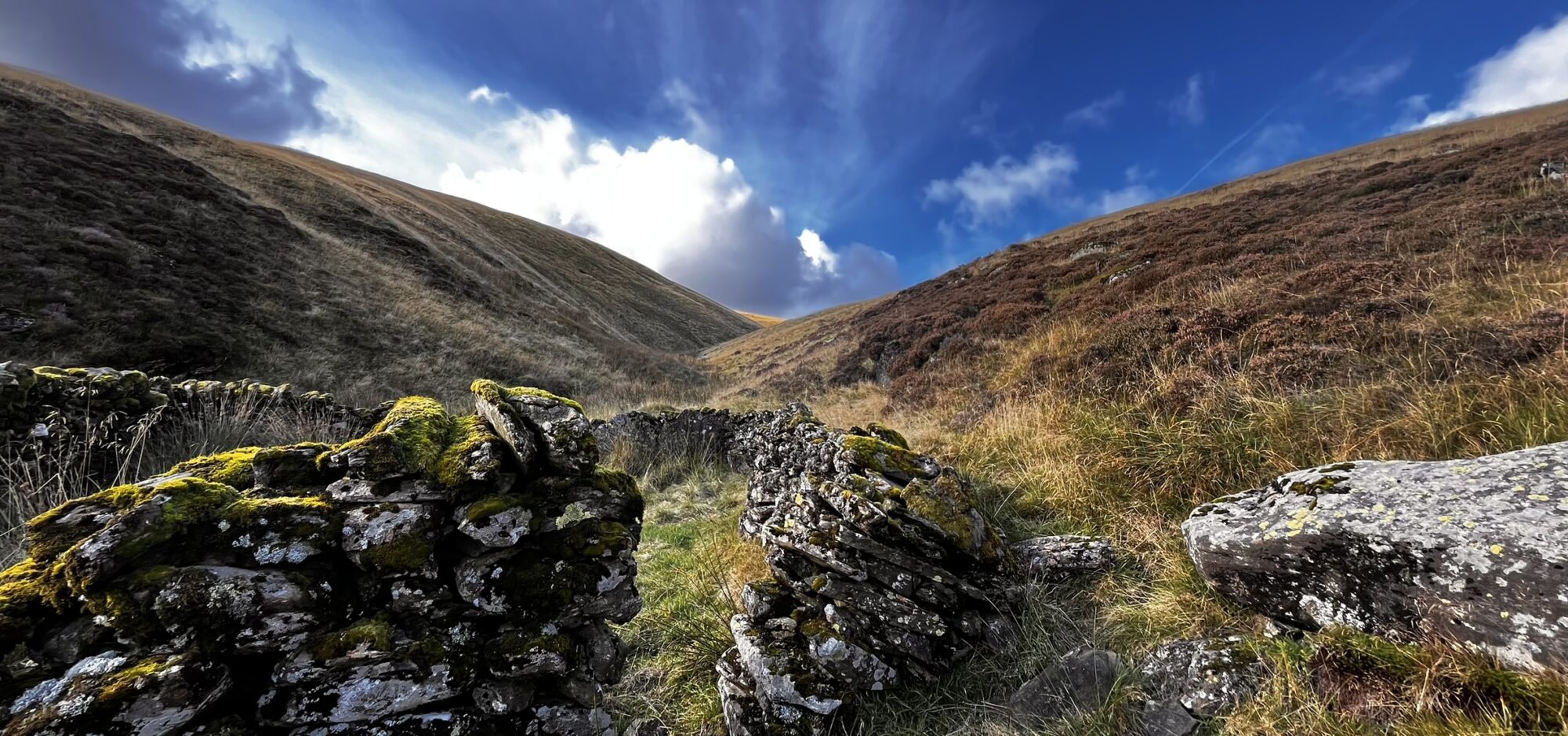Getting the right people into the room, who may not be the same as those who want to be in the room, is tricky. But this creative disruption is exactly what’s required for wildlife conservation for it to succeed on the ground.
Some of you may find this blog annoying. Fence sitter. Not picking a side. Well, too bad. Although I don’t matter one iota, what we can do as a collective in seeking common ground, does matter. See creative exhibs below.
Farming conferences in Oxford. Two of them. At the same time. Micheal Gove also flitting between the two conferences (see ref to this in my interview with him.) Blending the best of both, chems and cover crops, trees and curlew. All without getting blocked by dogmatic ideology.
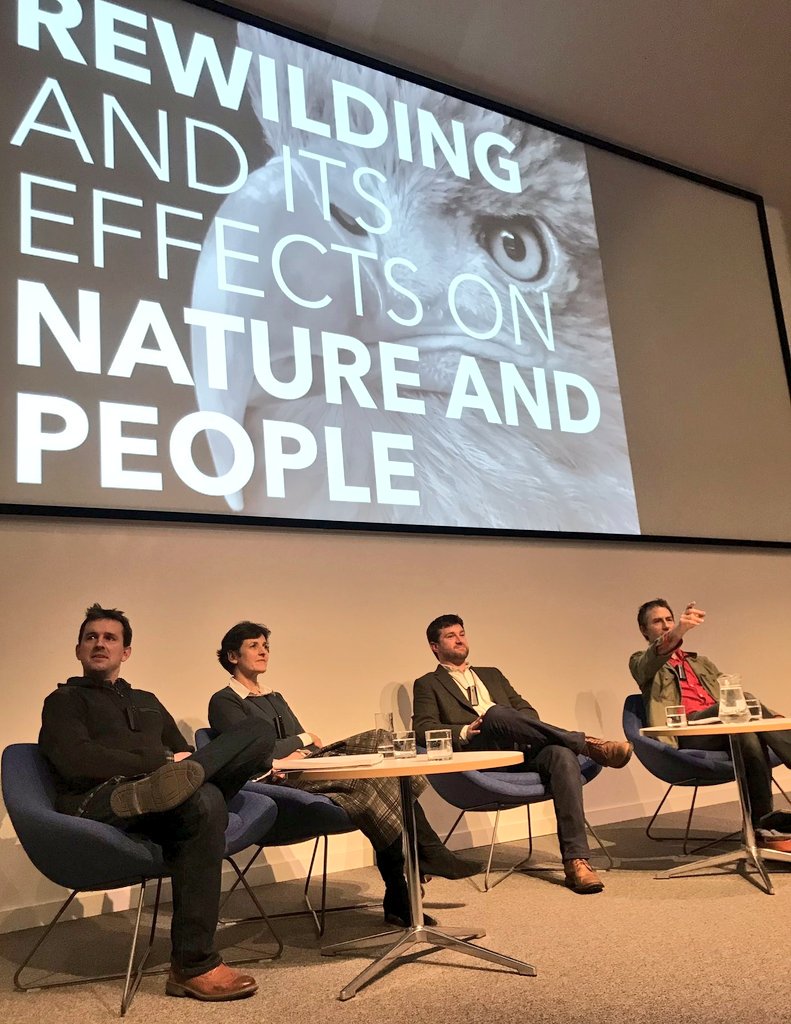
To Cambridge to speak and chair at a rewilding conference. Frowns from the ‘congregation’ over intensive land sparing making more space for rewilding. Adoration spared for Isabella Tree’s land sharing ‘Wilding’, I really enjoy chairing. In effect it’s creative conducting on the hoof. Bringing in both audience and panelists, not over-controlling, teasing out a diversity of views without disappearing down rabbit holes but facing up rocky issues. Room for both as my letter in Farmers Weekly outlined last year.
Out of the conference halls to lead two walks in the Welsh hills. One on forestry and another on grouse moors across a wind-battered hillside. Hearing a diverse range of views at eye level seems to work well. As noted again in Scotland at a well-run Integrated Land Use Conference at which I chaired a day and spoke about managing conflict.
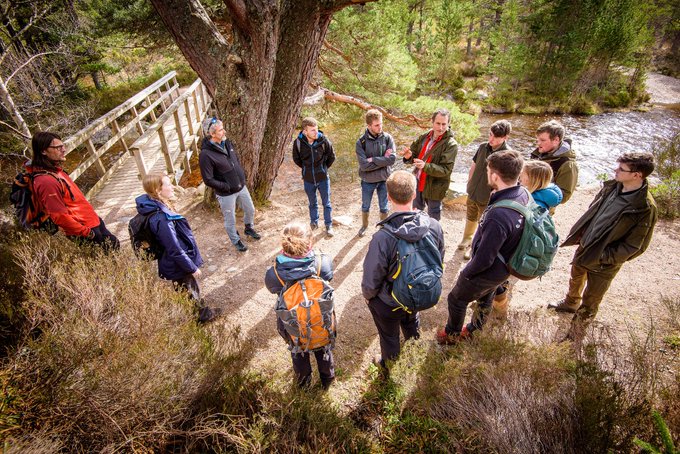
After a morning field trip, it helped that we broke up serried lines of sponsor bag-covered seats into ‘cabaret’ style table layouts. This enabled student gamekeepers, ecologists, birders, mountain bikers, rewilders to continue walking and talking, in safe spaces, alongside each other. To listen, debate robustly, creatively but without rancour.
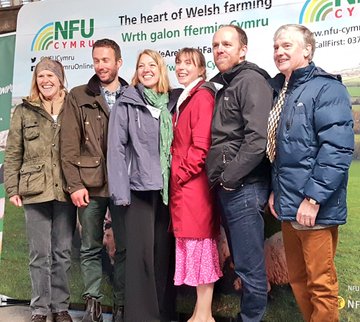
Back down south I chair the relaunch of Championing the Farmed Environment. Environmental passion and skills from farmers can be drowned out by defensive rebuttals under peer pressure to stand united. At another event at NFU Cymru’s launch of their environmental agenda, speakers from GWCT, RSPB, NRW , overlapped over common ground. Even if questions from the floor stalked some tired old issues. The icing was a display in humility from NRW’s interim Chair in admitting things have not always worked well)
How to change the record but not lose the tune?
Back up north, I speak at the Scottish Land Estates Spring do about challenging ourselves to have the confidence to step outside the usual narrative and bring people with you. Tough one. That evening, over a few whiskies with an Scotland The Big Picture activist, we chew over common purpose while seeking to de-tribalise how to get there. Of course it’s easy to talk about it – but better framing of complex dialogue, in ‘safe’ neutral spaces in which to have uncomfortable conversations, all help build trust – a vital precursor to action. Think of Farc in Columbia, Northern Ireland’s Peace Accord.
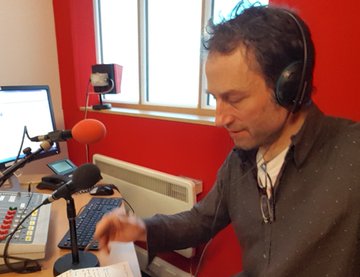
Though I don’t think BBC Farming Today expected me to talk about ‘rabbit holes‘ [third mention in this blog. Ed] when asking me to define rewilding (transcript here). I’ve not idea what Jeremy Vine expected me to talk after I served about grey squirrel to his panel.
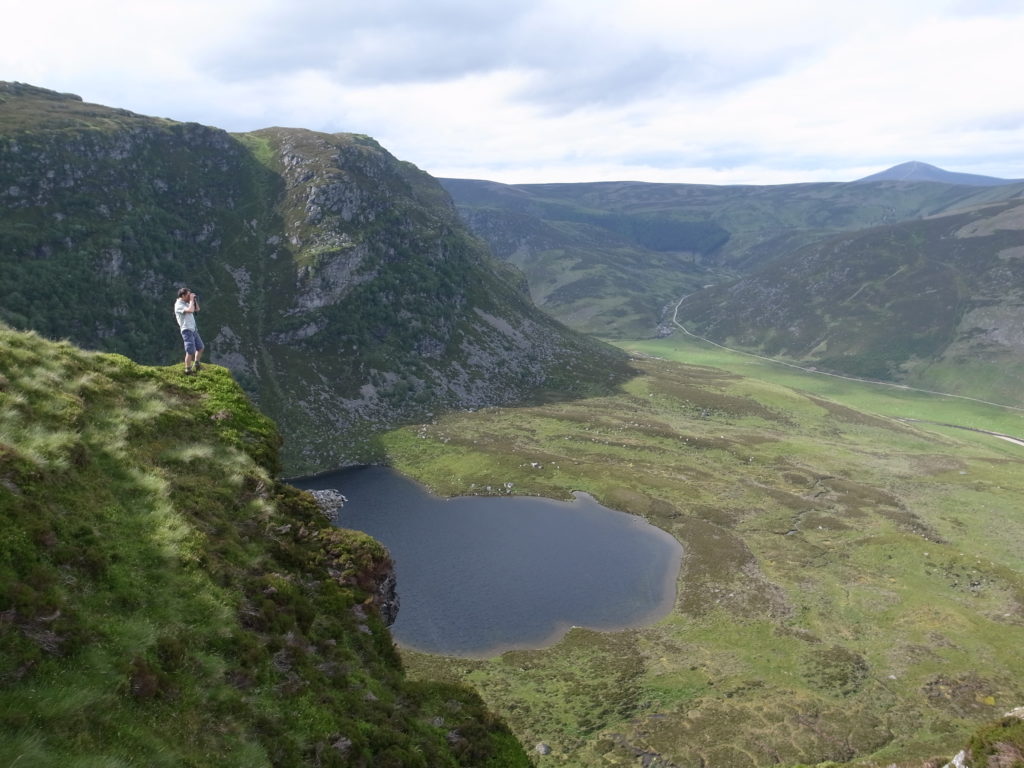
My interview with Defra’s informal advisor Ben Goldsmith was wide ranging. From managing beavers to investing in high-tech farming – perhaps it just too counterintuitive (and thus untweetable) for some eco-precautionary interests. But otherwise refreshingly honest to other daringly progressive early adopters?
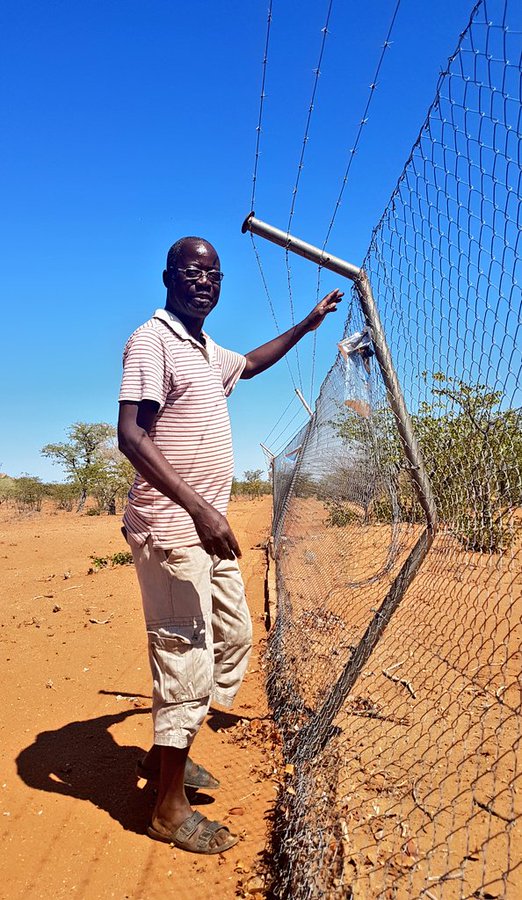
When moderating a journalists symposium in Windhoek in Namibia (see page 92), I had to dig deep to harness a diversity of views on wildlife, hunting, local communities, perceptions, and use of media. An extraordinary experience was a trip to a Conservancy to meet those on the ground living cheek by jowl with large wildlife such as desert elephants. There is some overlap with issues are here in the UK. Though my letter in The Times on WT sea eagles was not on the same danger level. An appearance on a TV panel* talking about conservation hunting – some call it ‘trophy’ hunting – with Born Free and Charlie Jacobi – was a learning curve (*see 8, 16, 22 and 24.30 min for gruesome details.)
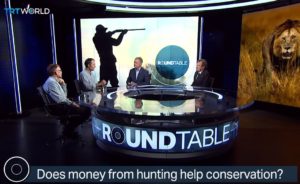
We have huge amounts of ecological knowledge but lack social science in seeking to disrupt confirmation biases and provoke fresh thinking without prejudice. Matters I raised when hosting conversations with SNH‘s wildlife management team and setting up a visit for Natural England’s Tony Juniper to meet frank speaking farmers in the field.
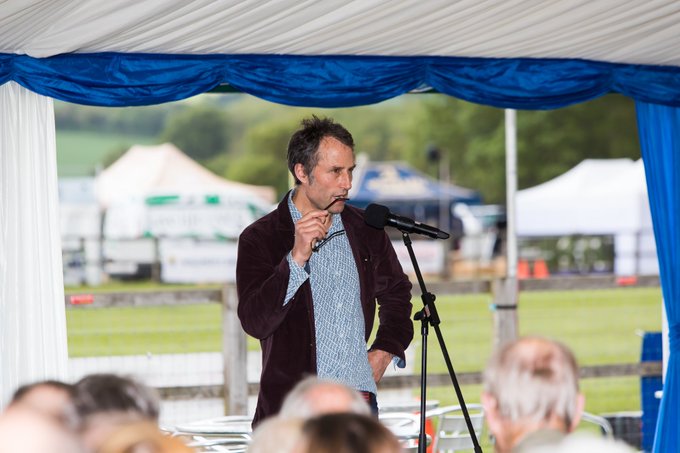
Researchers repeat what they said 50 years ago. Managing human behaviour is key to wildlife conservation. I hope some of my annoying blog may help you unlock some of the potential in reframing old conversations in new ways.
[Contact me for how I can help]
Contents refreshed, sentences shortened. It still matters, needle in the groove (May 2021)
